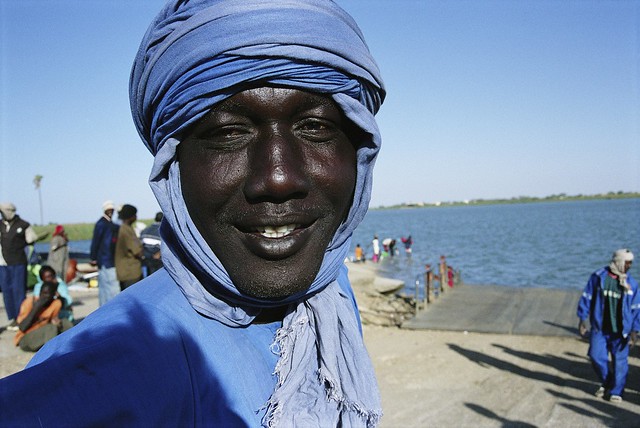About
Over the past ten years, Côte d’Ivoire has undergone a steady and remarkable economic transformation. Known as the world’s top producer of cocoa and cashew, the country has sustained one of the fastest growth rates in Sub-Saharan Africa for more than a decade. Between 2012 and 2019, real GDP expanded at an average of 8.2%. Even during the COVID-19 crisis, Côte d’Ivoire managed to contain the impact and posted a growth rate of 2% in 2020. Growth resumed in 2021 and rose to 6 % in 2024, reaffirming the country’s position as both a regional hub and a destination for many nationals from across the Economic Community of West African States (ECOWAS).
Côte d’Ivoire has launched an ambitious program to diversify its economy, aiming to move beyond raw commodity exports and secure a stronger place in global value chains on its path to Upper Middle Income Country status. Today, it is also establishing itself as a leader in cashew processing, with exports of processed products surpassing 330,000 tons.
Political Situation
Côte d’Ivoire is scheduled to hold presidential elections on 25 October 2025. Five candidates have been confirmed, including incumbent President Alassane Ouattara, who is seeking a fourth term. He faces former First Lady Simone Gbagbo, former Trade Minister Jean Louis Billon, and two independent candidates. The political and social climate has remained stable since the unrest surrounding the controversial 2020 presidential election.
Economy
Côte d’Ivoire’s economy has shown resilient growth in the face of global shocks. The country recorded an average real GDP growth of 6.5% between 2021 and 2023 and reached 6% in 2024, well above the global (2.8%) and regional (3.2%) averages. Growth has been driven by private investment, a dynamic services sector, and inflation contained at 3.5%.
Rising international cocoa prices have boosted producer incomes, while declining inflation and continued budgetary and structural reforms have strengthened investor confidence. The medium-term outlook remains favorable, with growth projected at 6.2% in 2025 and averaging 6.4% through 2027, led by hydrocarbons, services, and private investment.
To achieve its 2030 objectives, including halving poverty, the government will need to deepen reforms and expand fiscal space.
Last Updated: Oct 07, 2025








